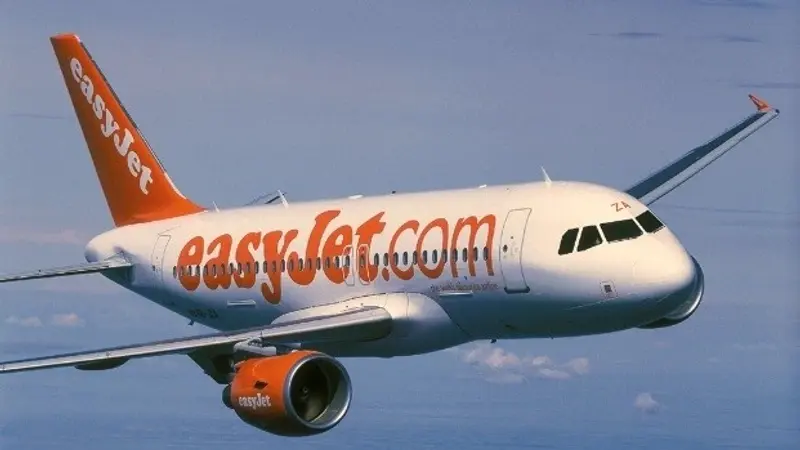
Earnings estimates for easyJet (EZJ) are set to be slashed by analysts at investment bank Davy after a trading update revealed increased margin pressure and lower passenger growth.
Davy analyst Stephen Furlong said earnings estimates for the low cost airline's next financial year, running to 30 September 2017, would 'probably' be downgraded from £603 million to just over £400 million.
Furlong said estimates will be fine-tuned following an analyst call this morning.
Shares in EasyJet trade 7.5% lower at 928p following the announcement and year-to-date losses on the stock exceed 45% as falling revenue per seat, cost pressures and more cautious tourists weigh on performance.
'EasyJet has performed strongly in a difficult operating environment for all European airlines and has been affected in the three-month period by major disruption, exchange rate fluctuations impacting holiday travel costs, the impact on demand from terrorist events and the low cost of fuel continuing to drive increased market capacity,' writes Furlong.
EasyJet's trading update says full year profit in the year to 30 September 2016, scheduled to be reported on 15 November, fell more than a quarter to between £490m and £495m.
Davy analyst Furlong's first take on the announcement indicates there is further pain to come, saying earnings could be set to decline again in the year ahead to just over £400 million.
'We expect to revise down our full year 2017 profit-before-tax range to probably slightly over £400 million given the foreign exchange headwind, but we await the analyst call this morning.'
Revenue per seat at easyJet declined 8.7% in the final quarter of its 2016 financial year, the three months to 30 September, while costs declined 1.1% excluding fuel and 4.6% including fuel.
Passenger number growth decelerated across the quarter, increasing 6.7% in July, 6.4% in August and 5.2% in September.
In the first quarter of easyJet's new financial year, the three months ending 31 December 2016, around 45% of available seats have been sold, in-line with a year earlier, chief executive Carolyn McCall says.




